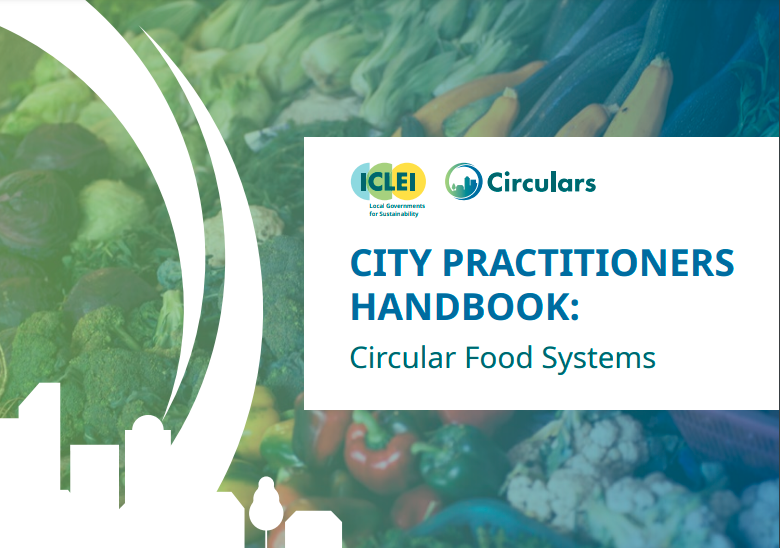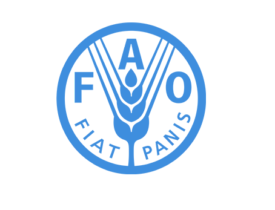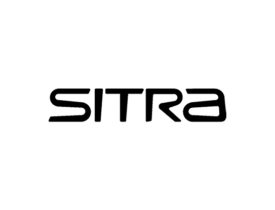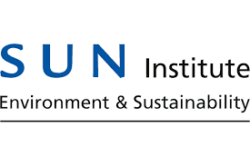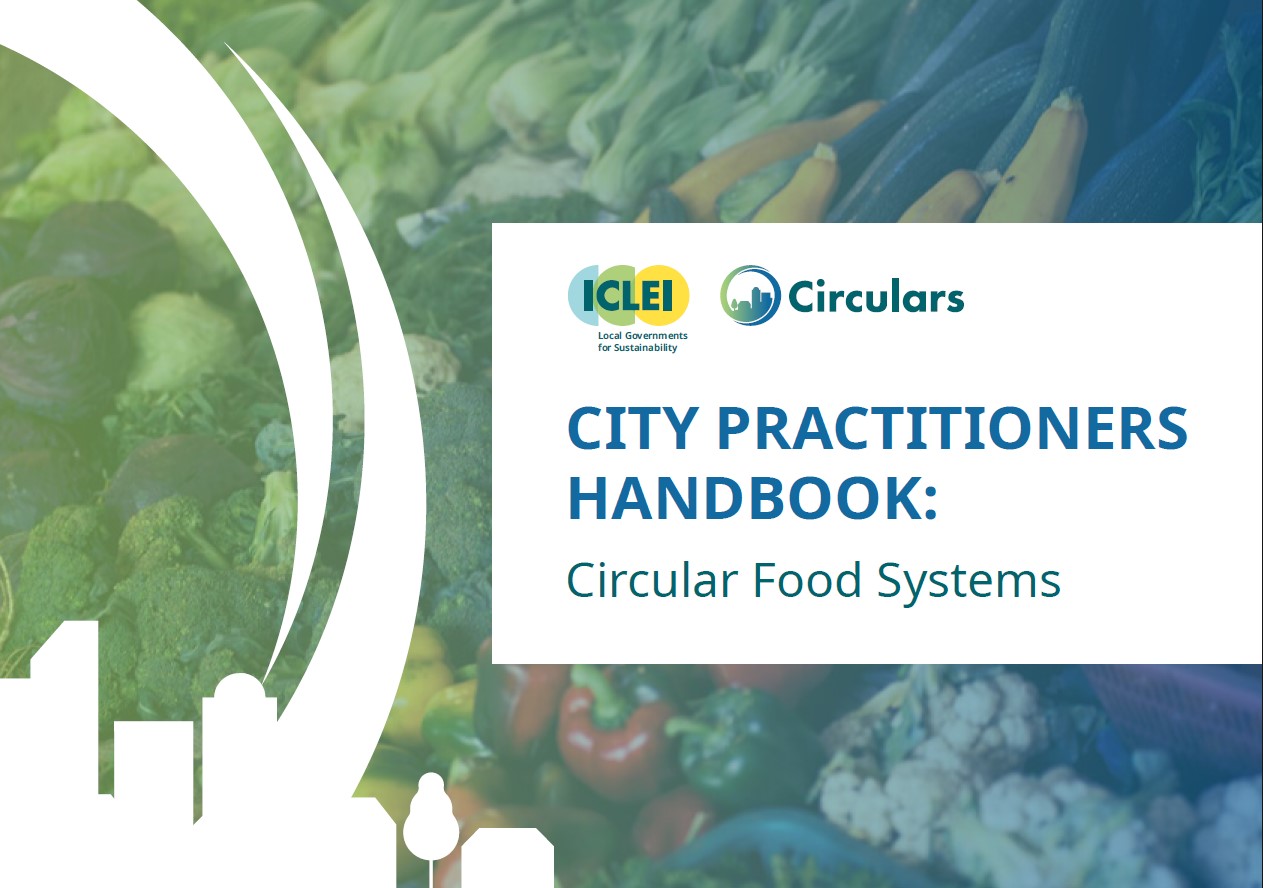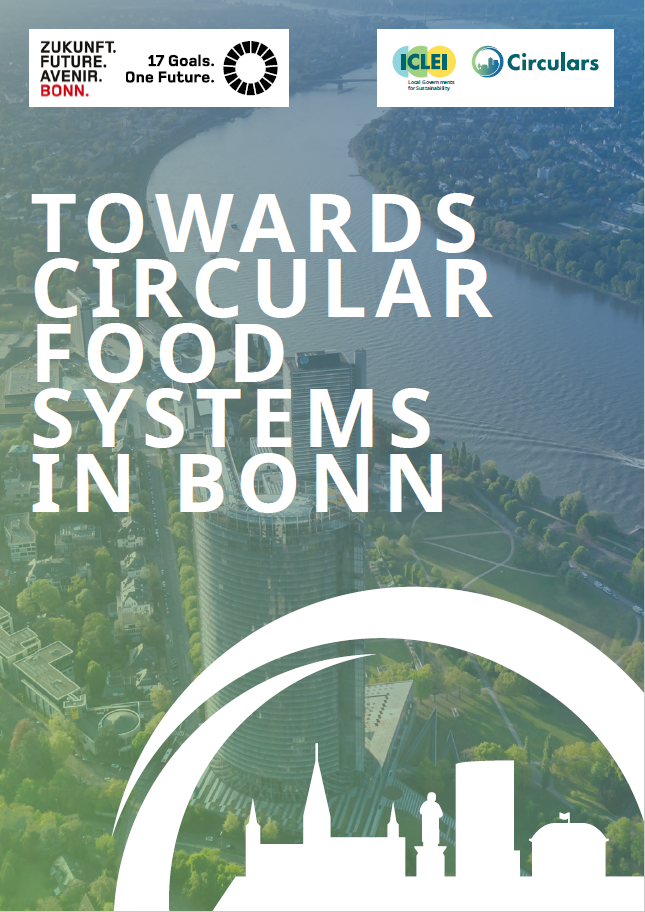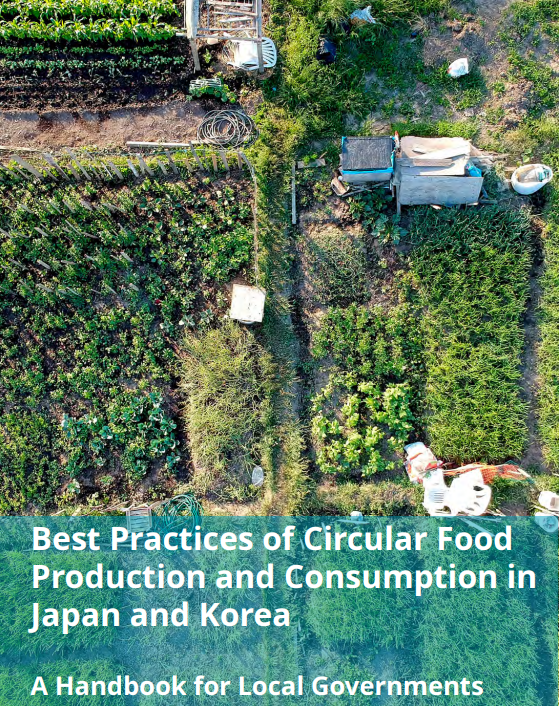How circular development can help
Food system actors such as farmers, processing industries, retailers and waste managers have very limited interaction with stakeholders outside of their segment of the food value chain. As a result, impacts down or up the value chain remain unaddressed.
Circular food systems offer a lens to look at food systems from a value chain perspective to minimize resource extraction and waste production in a systemic manner and maximize the value of recovered outputs while fostering local economic development and social equity.
Through its circular food systems work, ICLEI encourages city practitioners to look for interventions as early in the value chain as possible – from the moment resource extraction is planned – and beyond their jurisdictional boundaries to:
Minimize…
- Non renewable intrants and resource inputs in production
- The number of intermediaries between producers and consumers
- Unsustainable transport in distribution
- Food loss and waste
…and maximize
- The nutritional value of food consumed
- The redistribution of unconsumed food
- Nutrients recovery and reintroduction in production


